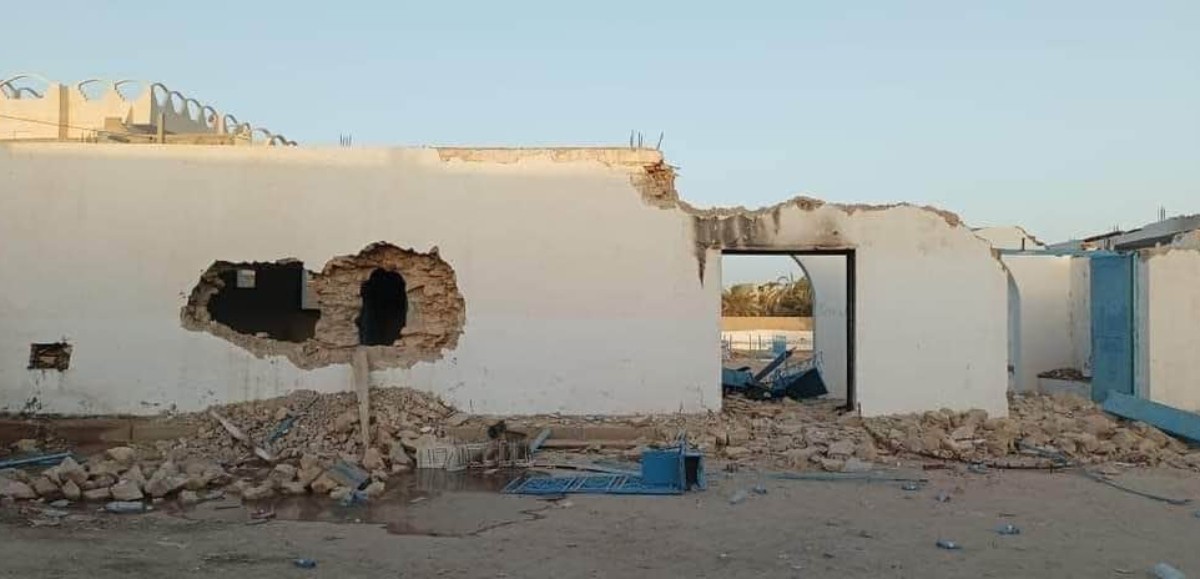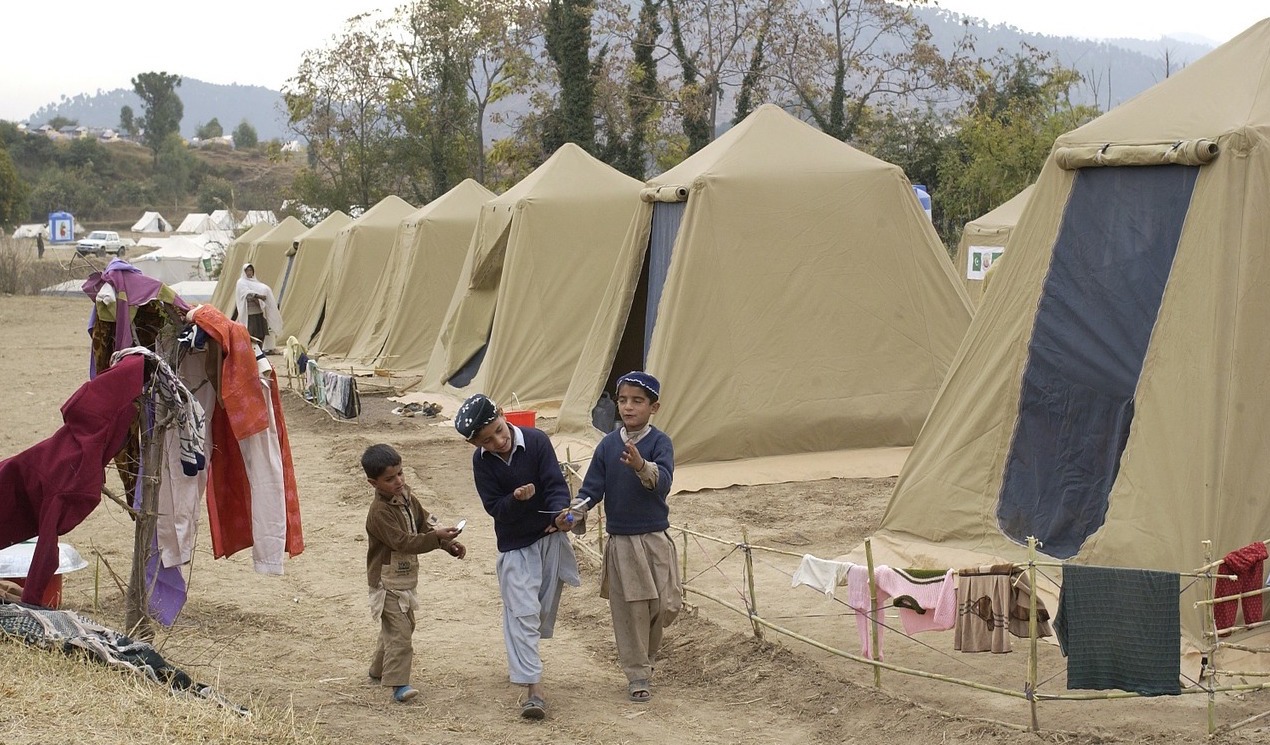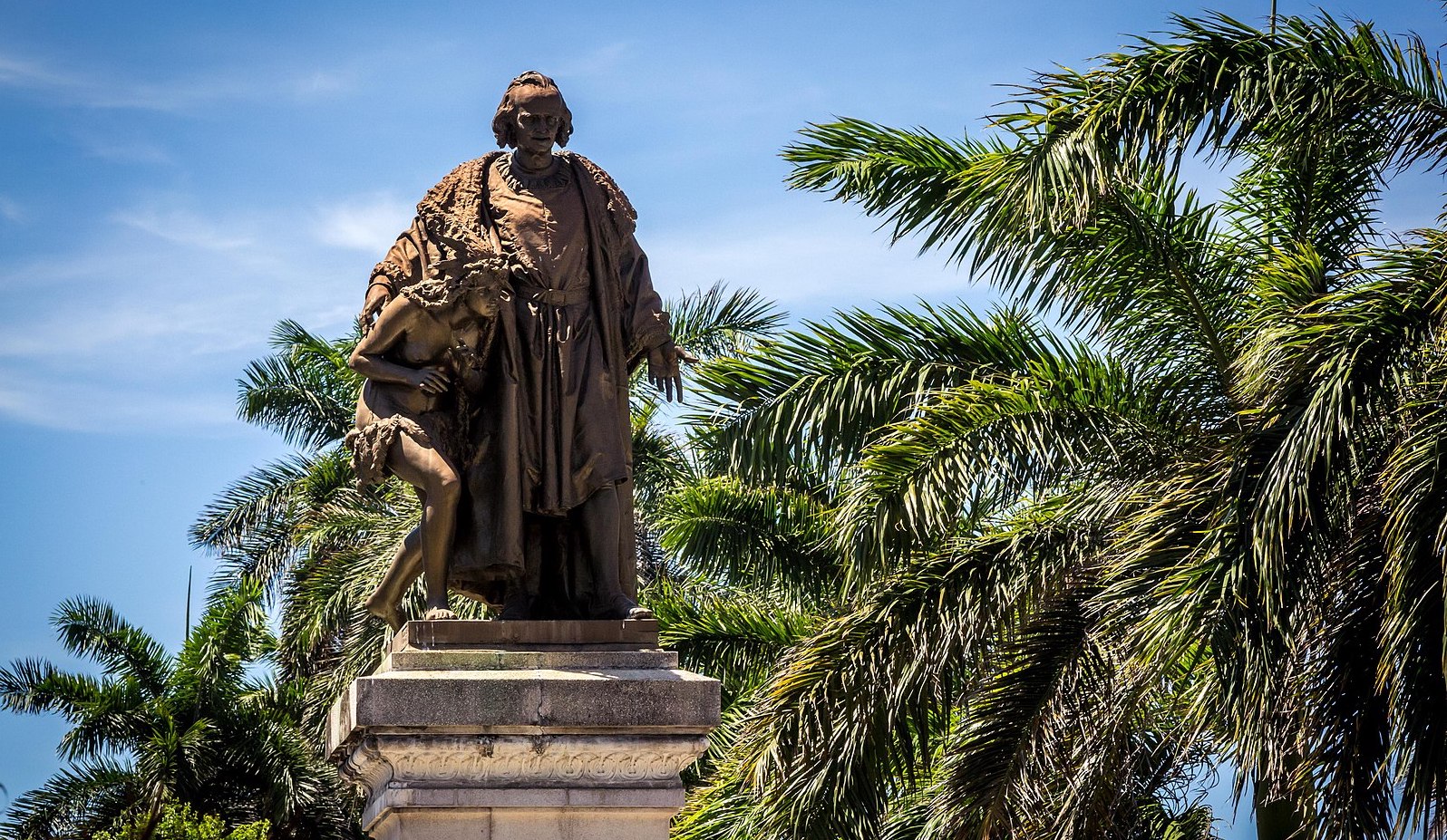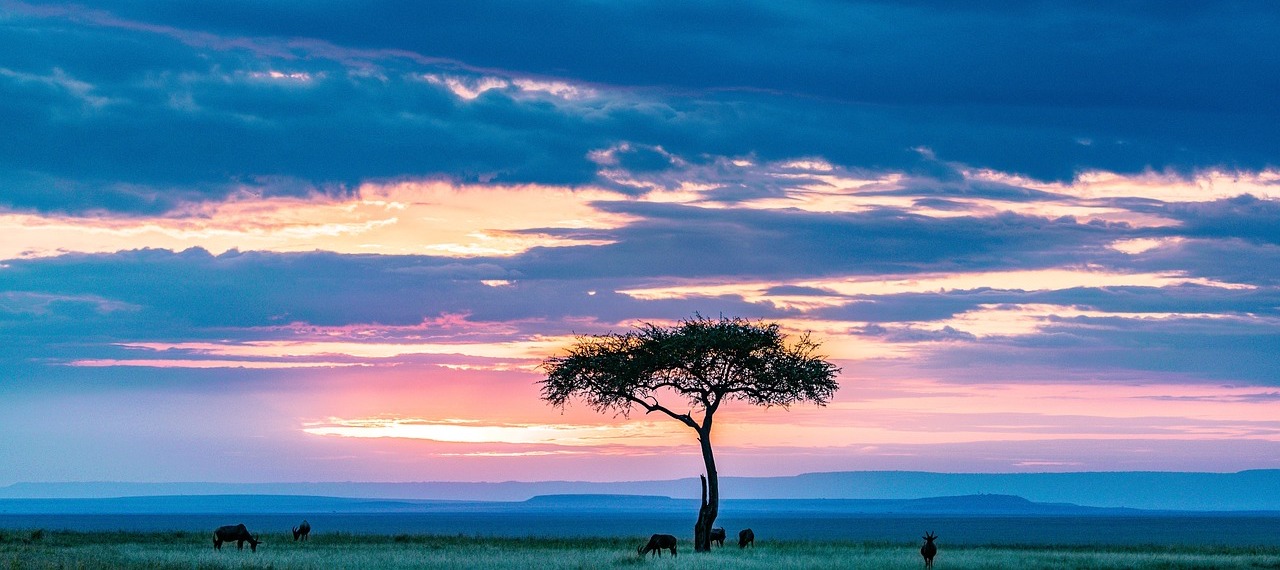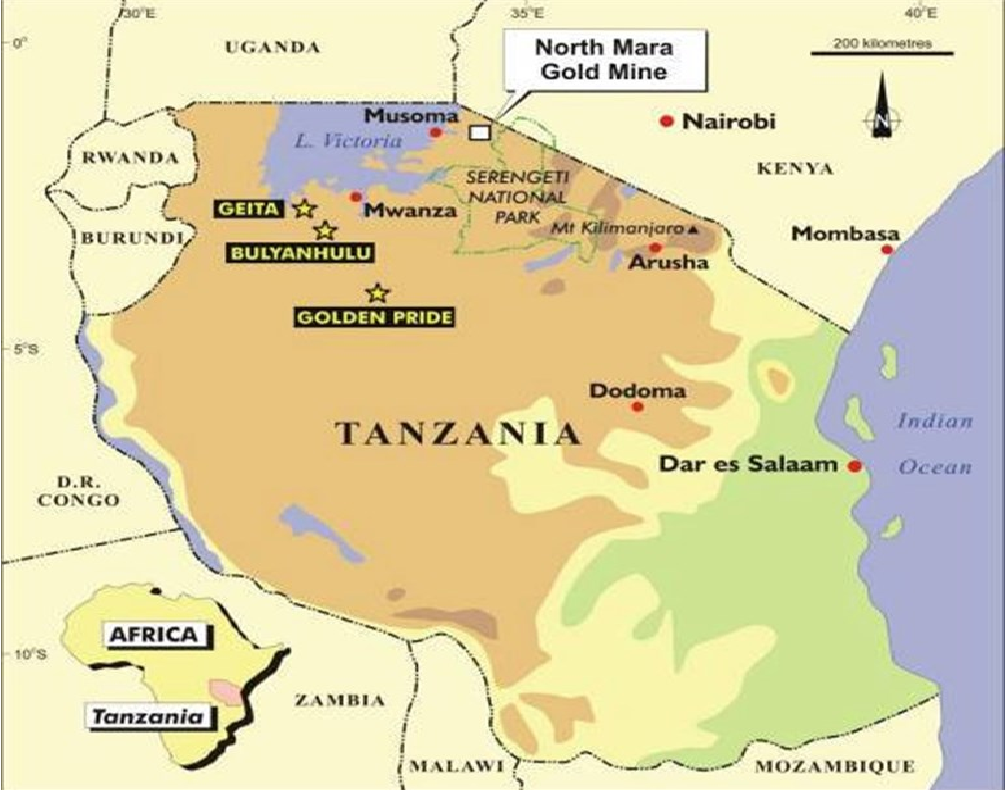
World Court censures Syria for torture
The International Court of Justice at The Hague issued an interim order directing the Syrian government to “take all measures within its powers” to prevent torture. This development stems from a case brought by the Netherlands and Canada, accusing Syria of engaging in a prolonged campaign of torture of its own citizens. The court’s order seeks to safeguard potential victims as the case proceeds. Syria is accused of breaching the Convention against Torture and Other Cruel, Inhuman or Degrading Treatment or Punishment. (Photo: ICJ)




